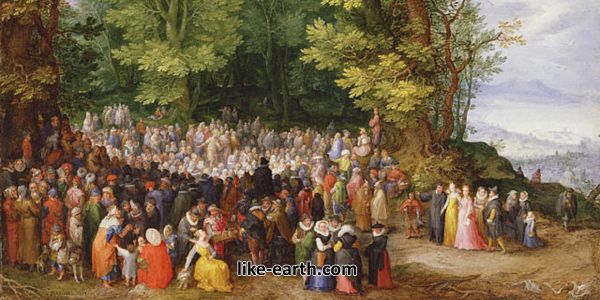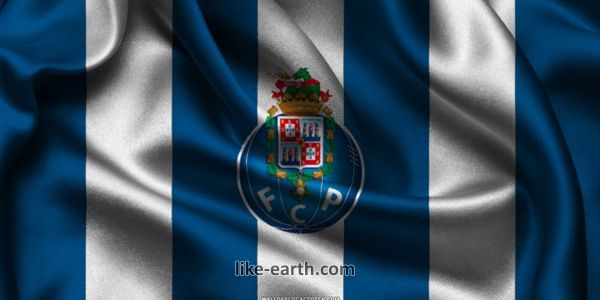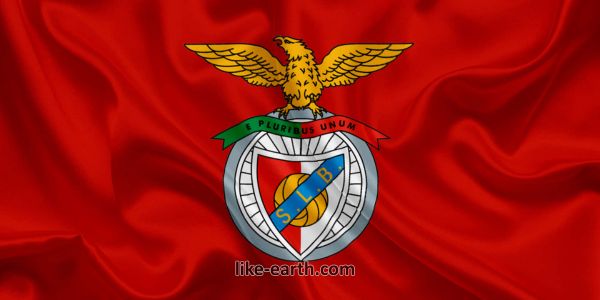The First Modern Kingdom Proclamation in History

Defining a Modern Kingdom
Before delving into the first proclamation, it’s essential to define what makes a kingdom “modern.” A modern kingdom typically includes structured governance, codified laws, and limited royal authority. These states often establish institutions that separate powers and promote civil liberties.
Unlike traditional monarchies, modern kingdoms balance ceremonial and political roles. Monarchs often act as symbols of unity rather than sole rulers. This change began to materialize during the Enlightenment era and gained momentum across Europe in the 17th and 18th centuries.
The Proclamation of the Kingdom of Great Britain (1707)
One of the earliest and most significant modern proclamations came in 1707 with the creation of the Kingdom of Great Britain. This event followed the Acts of Union, uniting the Kingdom of England and the Kingdom of Scotland under one government.
Queen Anne proclaimed the new United Kingdom on May 1, 1707. This marked the establishment of a unified constitutional monarchy. The British Parliament became the central governing body. This proclamation laid the foundation for modern democratic governance under a monarch.
Symbolism and Impact of the Proclamation
This proclamation was more than political maneuvering. It symbolized unity, legal integration, and a shared national identity. It also helped to stabilize economic and military operations. The act ensured both nations would have common foreign policies and military forces.
The new kingdom issued coins, flags, and seals to reinforce its legitimacy. The royal family’s image became a tool for political cohesion. This modern royal branding remains common in contemporary monarchies.
Influence on Other Monarchies
The British example inspired other monarchies across Europe. The 19th century saw a wave of modern proclamations and constitutional reforms. Monarchs in Sweden, Norway, and Italy began to follow the model of limited monarchy with elected parliaments.
These changes helped reduce internal conflict and build stronger states. Monarchies that embraced reform tended to survive longer than those that resisted. This trend continues today in places like Denmark, Japan, and Spain.
The Role of Enlightenment Thought
Philosophers such as John Locke and Montesquieu strongly influenced the first modern kingdom proclamation in history. Their ideas promoted limited government, individual rights, and separation of powers. These principles laid the intellectual groundwork for modern constitutional monarchies.
Monarchs who embraced Enlightenment ideals found new ways to legitimize their rule. Proclamations often included references to legal justice, moral order, and national unity—terms that continue to shape governance today.
Modern Interpretations of Royal Proclamations
Today, royal proclamations are mostly ceremonial. However, their language and symbolism remain rooted in that first modern declaration. Proclamations still mark the beginning of reigns, constitutional amendments, and significant national events.
They serve as tools for diplomacy and cultural continuity. Modern monarchs often use proclamations to promote environmental initiatives, charity work, and human rights. Explore more on sustainable royal initiatives at Like Earth.
The Digital Evolution of Royal Messaging
In the 21st century, proclamations have gone digital. Websites, televised broadcasts, and social media are now standard. This evolution increases transparency and public engagement with monarchies.
Stay updated with modern royal developments through official platforms like the Royal Channel on WhatsApp.
Lasting Legacy of the 1707 Proclamation
The first modern kingdom proclamation in history left a lasting legacy. It demonstrated the possibility of merging tradition with innovation. It showed how monarchies could evolve and endure in changing political landscapes.
Today, it serves as a blueprint for how ceremonial leadership can coexist with democratic principles. It’s a testament to the adaptability of the monarchy and the enduring appeal of royal institutions.



